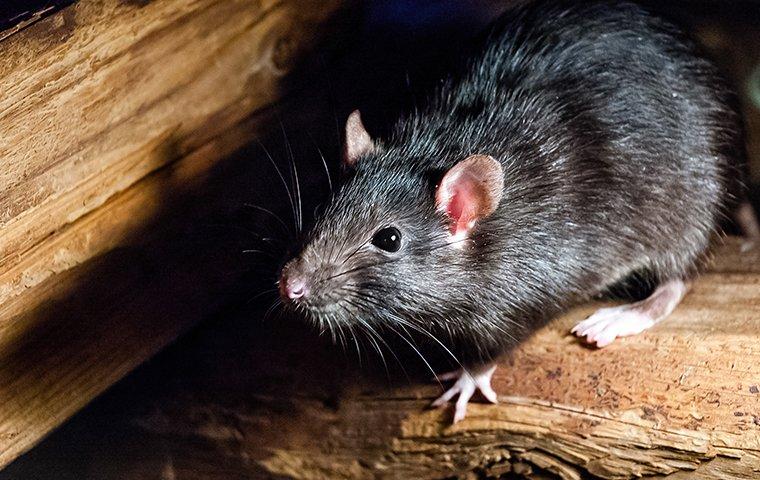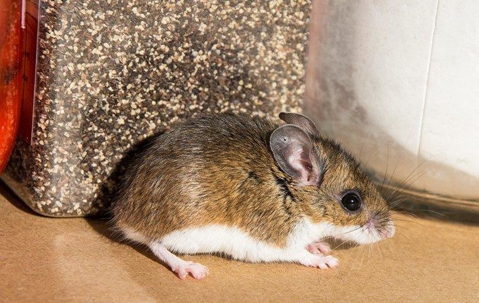How much do you know about rodents? Are you aware that field mice are the mice that are most likely to get into your home and stay? Do you know that these mice are often called house mice because they love living with humans? It is important to understand this. House mice are unique pests that have unique habits and habitat preferences. The same is true of rats. We have two rat species that are a concern in Opelika. They are the roof rat and the Norway rat. Roof rats get inside and stay inside. Norway rats tend to go in and out of a structure, preferring to live in burrows they dig in the ground. We've put together a quick guide to help you better understand the rodent pests in our area and give you some helpful tips to prevent an infestation.

All Mice Are Not Created Equal
Some mice don't prefer to live with you. The deer mouse is a good example. If you see a mouse that has a tawny coloration with a white underside, you can make an assumption that it is not likely to infest your home. A deer mouse will prefer to infest a bard, shed, or outbuilding. House mice are usually a dusty gray color with a cream underside.
All Rats Are Not Created Equal
While it isn't good to have a problem with any kind of rat, it is much better to have a Norway rat problem. A Norway rat might find all the food it needs on the outside of your home, and rarely get into your home. But, under certain circumstances, this may not be the case. Roof rats, on the other hand, are often called house rats because of their ability to get in and stay in. It is helpful to be able to tell these two rats apart. Norway rats tend to be brown. This is why they're often called brown rats. Roof rats are black and are often referred to as black rats.
How Rodents Get Inside Opelika Properties
A rodent can get into your home by way of any entry point from the bottom to the top of your house. Some are more inclined to get in through vulnerable points high on your home, so keep those high points in mind as you consider exclusion.
- Trim tree branches away from your roofline.
- Put deterrents in places where power lines attach to your home.
- Remove vegetation, lattices, and other objects rodents can use to scale your home.
- Put wire mesh in downspouts to prevent rodents from climbing up.
Seal Exterior Entry Points
- Seal gaps around pipes and other foundation penetrations.
- Seal gaps around window and door frames.
- Fill in wood holes.
- Replace or repair screens, weatherstripping around doors, damaged door sweeps, damaged exhaust vent covers, and panes of glass.
- Repair cracked foundations and chipped mortar between bricks.
- Repair damaged soffits, eaves, and fascia.
Address Attractants
One reason rodents get into your home is that they are first drawn to your exterior. There are many reasons a rodent might like to explore the outside of your home. They're drawn to food sources, standing water, and hiding places. Alter conditions that make your exterior desirable to rodents, and reduce your chances of an infestation.
Food — Rodents can eat what you eat, but they aren't limited to eating only what you eat, and they aren't picky. A rodent can find a lot to eat inside your trash. Make sure your trash is properly sealed. They'll eat seeds that fall from bird feeders. They'll eat pet food that is put outside. They'll eat bugs. But, perhaps the most surprising thing they'll eat is animal waste. If you have a dog that leaves droppings in your yard, you could invite rodent problems.
Water — If rainwater is allowed to create puddles, or collect in objects in your yard, you'll lure rodents to your property.
Hiding Places — While mice are far more skittish than rats, both prefer a yard that has objects to hide under and vegetation to hide in. Keeping your yard open and free of clutter can help to reduce rodent activity.
If you ever have a problem with rodents getting into your home, or you want extra protection around your home, remember that the team at Prewett Pest Control is always available to assist you with your rodent (and other pest) problems. Reach out to us today. We can help.

